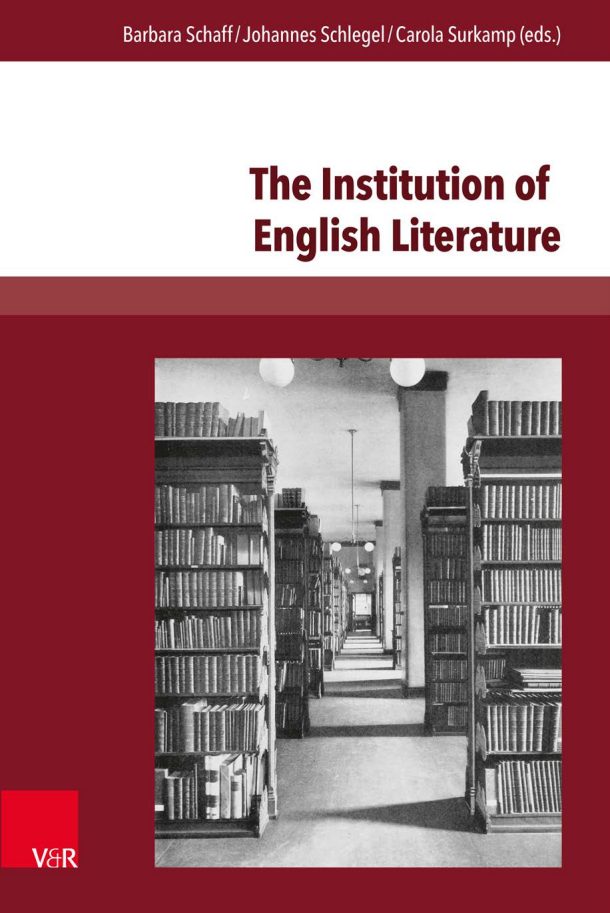- Contributor
- Editors
- Publisher
- Year
- ISBN
- Language
- Janice Bland
- Barbara Schaff, Johannes Schlegel & Carola Surkamp
- V&R Unipress
- 2017
- 9783847106296
- English
This collection investigates the ways in which numerous institutions of English literature shape the literary field. While it covers an extensive historical field, ranging from the Early Modern period to the 18th century to the contemporary, it focuses not only on literary texts, but also on extra-literary ones, including literary prizes, literary histories and anthologies, and highlights the various ways in which these negotiate the processes that constitute the literary field. All contributions assert that there is no such thing as literature outside of institutions. Great emphasis is therefore put on different acts of mediation.
In the EFL primary and secondary-school classroom there will be found a huge diversity of readers and reading practices. Although most young students on entering secondary school will already have a sense of story, and functional literacy in their mother-tongue, they will also bring with them preferences for certain types of narrative such as adventure, school stories, fantasy, non-fiction and comics or graphic novels. Many children, however, develop an entrenched loss of interest in reading at about the age of 12. In Germany this is known as the Leseknick, and is sometimes called the Reading Blip in the English-speaking world. As the classroom is increasingly characterised by social and cultural diversity, it has become evident that a truly universal reading experience does not exist. In order to combat the Leseknick, therefore, the wide potential value of non-canonical literature should be demonstrated and explored in teacher education and exploited in the EFL classroom, including the rich opportunities for language and literary learning through graphic narratives and children’s literature.


